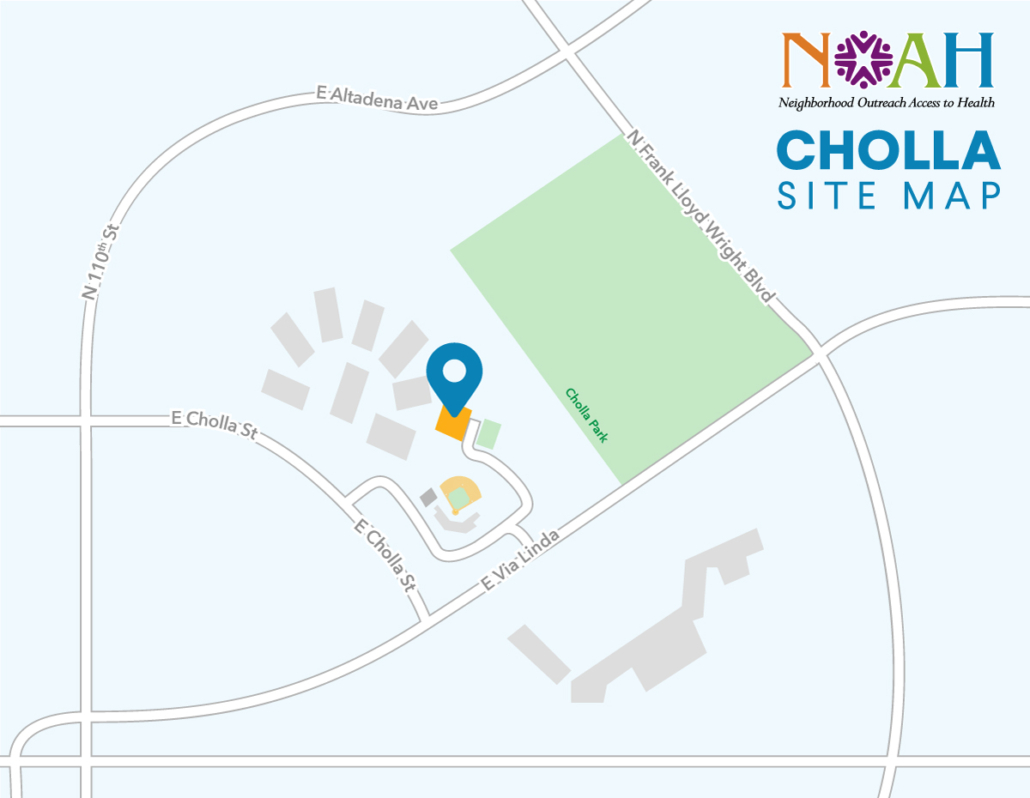NEWS: NOAH to offer Pfizer COVID-19 vaccine for ages 12+
PHOENIX (May 12, 2021) – Neighborhood Outreach Access to Health (NOAH), a leading community health center in Maricopa county delivering comprehensive health services to the often-overlooked, announced today that it will offer the COVID-19 vaccine to those ages 12 and above beginning on May 21.
NOAH began rolling out COVID-19 vaccines in February, already vaccinating more than 16,000 patients, including many overlooked community members. Anyone can schedule their vaccine with NOAH if they are 12 and older, regardless of whether they are a patient.
“We prioritize healthcare for every member of our community, and throughout the COVID-19 pandemic, that has meant adjusting, adding, and enhancing what we are doing and remaining flexible to the realities of this virus,” said Wendy Armendariz, NOAH CEO. “We are excited to provide the Pfizer vaccine to individuals 12 and older, in addition to Moderna and Johnson & Johnson. The NOAH team is thrilled to be able to add this important layer of protection to families in our community.”
NOAH currently offers both the Moderna two-dose vaccine as well as the Johnson & Johnson one-dose vaccine at various NOAH health centers. The nonprofit health center will begin offering the Pfizer two-dose vaccine in addition to the others, with the second dose given 21 days after the first. There is no cost for any COVID-19 vaccine.
At this time, Pfizer is the only vaccine approved for individuals under age 18. Five of NOAH’s nine locations currently offer COVID-19 vaccines, with two of those beginning to provide the Pfizer vaccine to 12 and older:
- Desert Mission Health Center at 9201 N 5th St, Phoenix
- Palomino Health Center at 16251 N Cave Creek Rd, Phoenix
Anyone can schedule their vaccine with NOAH, regardless of whether they are a NOAH patient or not. No insurance is required for the vaccine. NOAH has bilingual staff and can help individuals schedule at https://noahhelps.org/covid-vaccine/ or by calling 480-882-4545.


